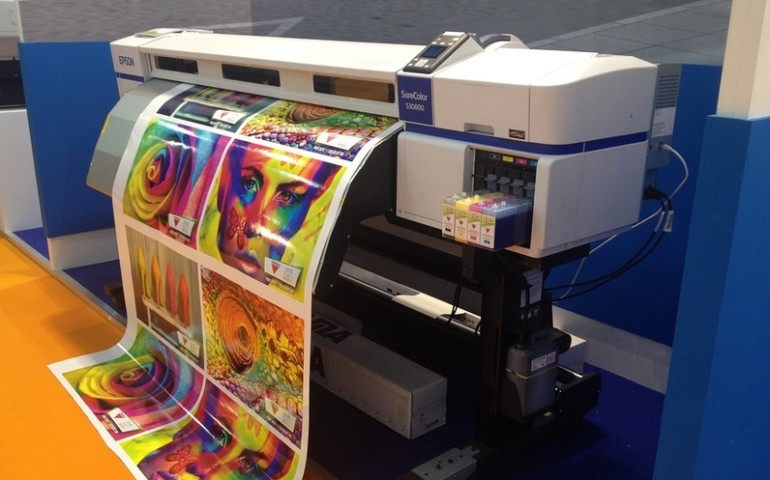20Mar

As one of the world’s leading textile and apparel producers and exporters, Turkey’s textile and apparel industry has had a relatively sluggish performance in terms of production and exports. The good news is that an industrial rebound has been predicted for the country’scotton productionas well as its apparel exports. The Turkish textile and apparel industry has set an ambitious goal of $72 billion export value in 2023 to mark the 100th anniversary of the establishment of the Turkish Republic.
According to the statistics from Exporters’ Assembly of Turkey (TIM), Turkey’s apparel sector – one of the largest in the world – had a decline in export value from its peak of $18.5 billion in 2014 to around $17 billion in 2016. The downturn was mainly caused bythe changing political relationships with major trading partnersand the Syrian refugee crisis. In order to achieve its target, Turkey has put in increasing effort to ensure that national and regional stability and International trade relations are strong, especially with the EU, Turkey’s largest trading partner for textile and apparel products.
Currently, the EU remains the largest exporting destination for Turkey’s textile and apparel products and textile and apparel trade with the EU is expected to increase over the next several years. In 2016, over 64% of total Turkish textile and apparel exports were destined for the EU. According to the Istanbul Apparel Exporters’ Association (IHKIB), Turkey’s textile exports to the EU increased 8.6% year-on-year to $4 billion in 2016, while exports of apparel fell 2.3% to $11.86bn.
Luckily, things are getting better for Turkey. In last year’s Istanbul Yarn Fair, the exhibitors and visitors showed remarkable optimism towards Turkey’s textile and apparel exports. It’s highly possible that the war in Syria will end soon, and Russian buyers are returning to Turkey after political tension that arose in 2015 when Turkey shot down a Russian jet. Textile and apparel exports from Turkey are also increasing to other markets such as Iran, the US, Algeria, Israel, Poland and Bulgaria. Meanwhile, the depreciation of the Turkish lira, which fell to an all-time low of TRY3.93 to the dollar in January, is making exports easier.
Moreover, the domestic market is developing well and attracting more foreign investment. The Turkish Clothing Manufacturers’ Association (TGSD) predicts that in 2017, the domestic market will grow 8-10%. To further boost the sector, Turkish textile and clothing associations are organising confidence-building meetings with their French counterparts in Paris and Brussels, and preparing similar trips to the UK, Germany and Italy.
Thousands ofTurkey’s leading textile companiescan be in your contact list if you register with BizVibe today! Whether you are looking for reliable suppliers, top textile manufacturers, wholesalers and potential customers in over 70 major countries, or want to find out what your competitors are buying and which suppliers they’re using, BizVibe can help you reach out to sales prospects and decision-makers in the textile industry across the globe.
Register for free now to build your own network of global textile companies onBizVibe






